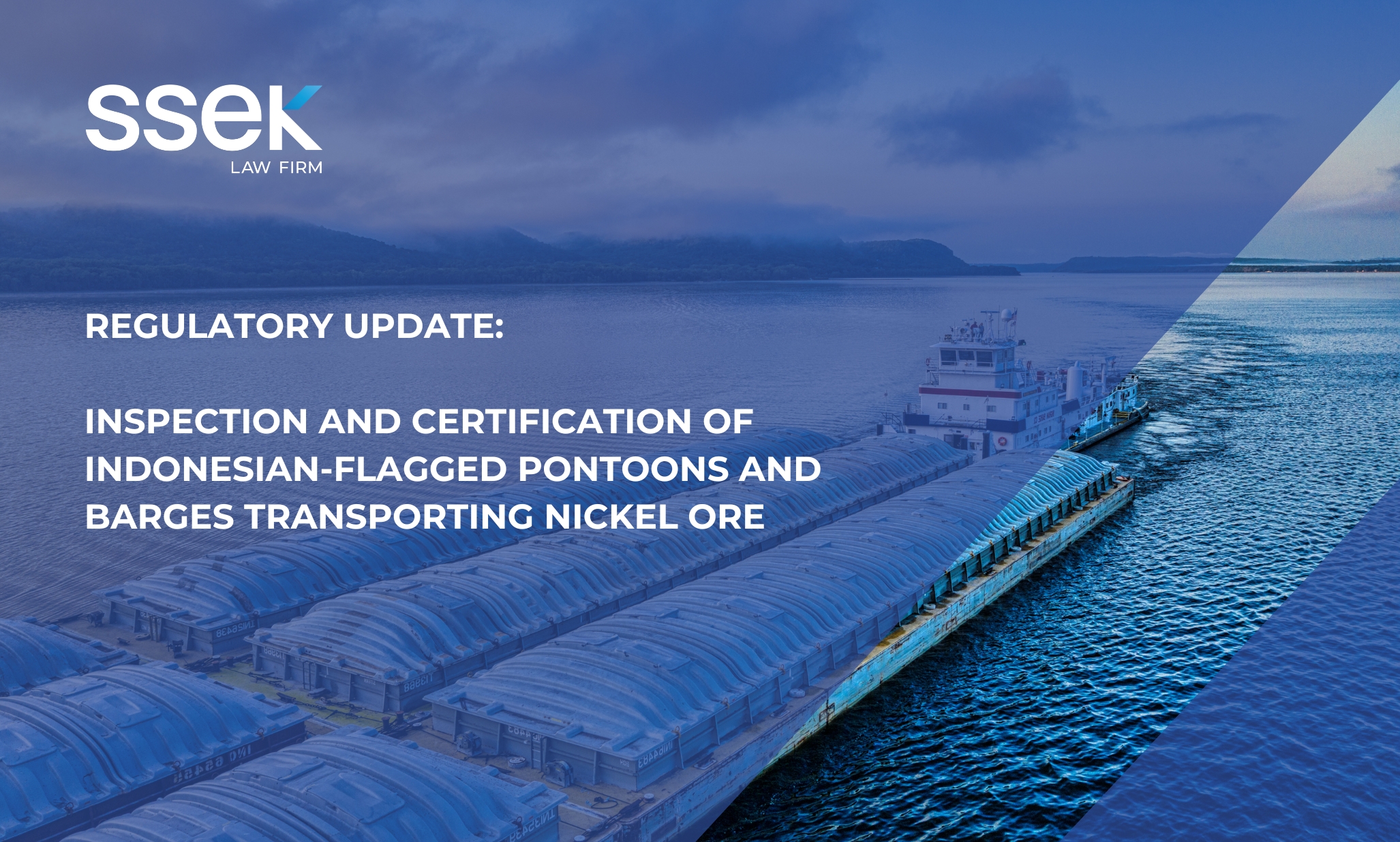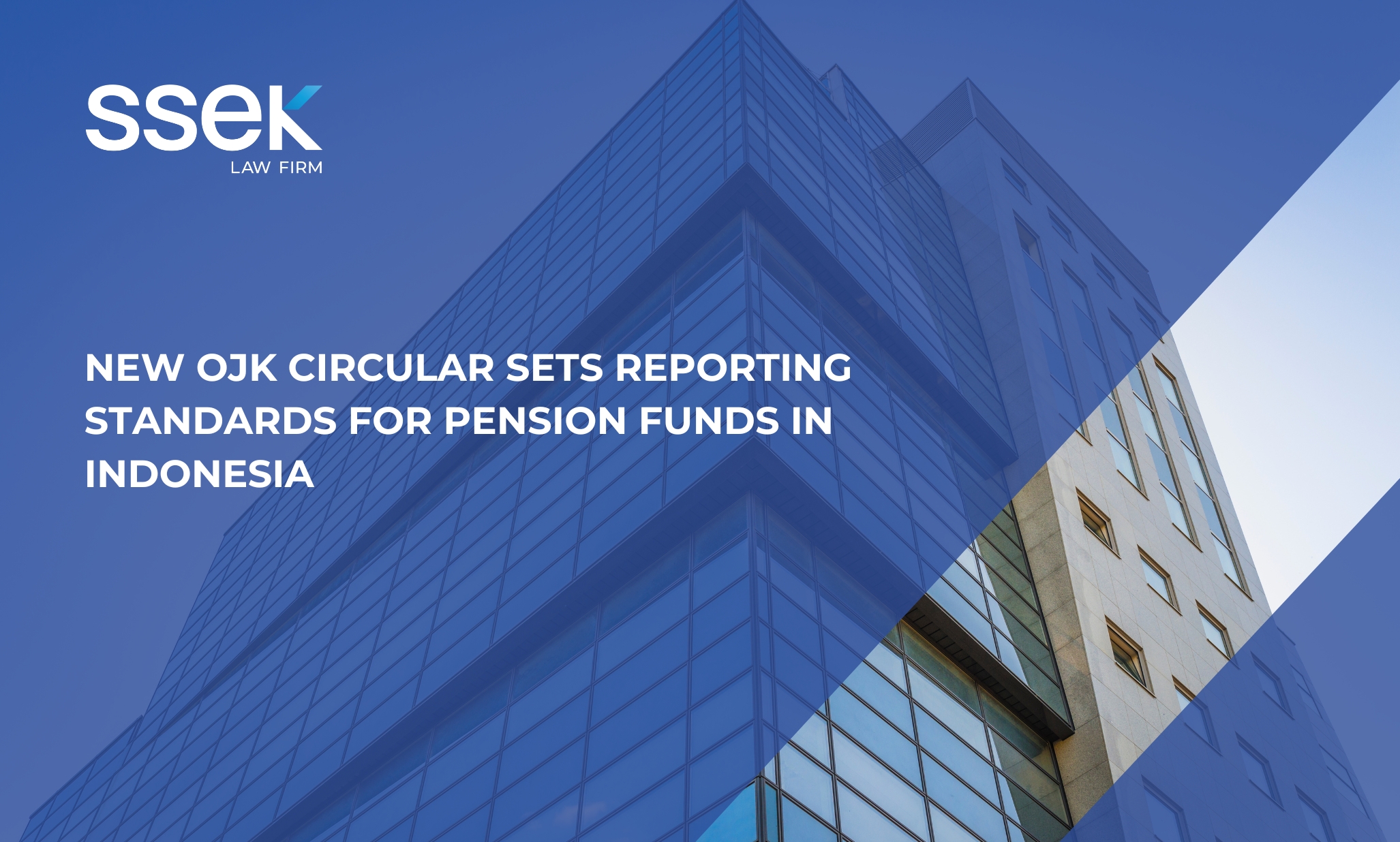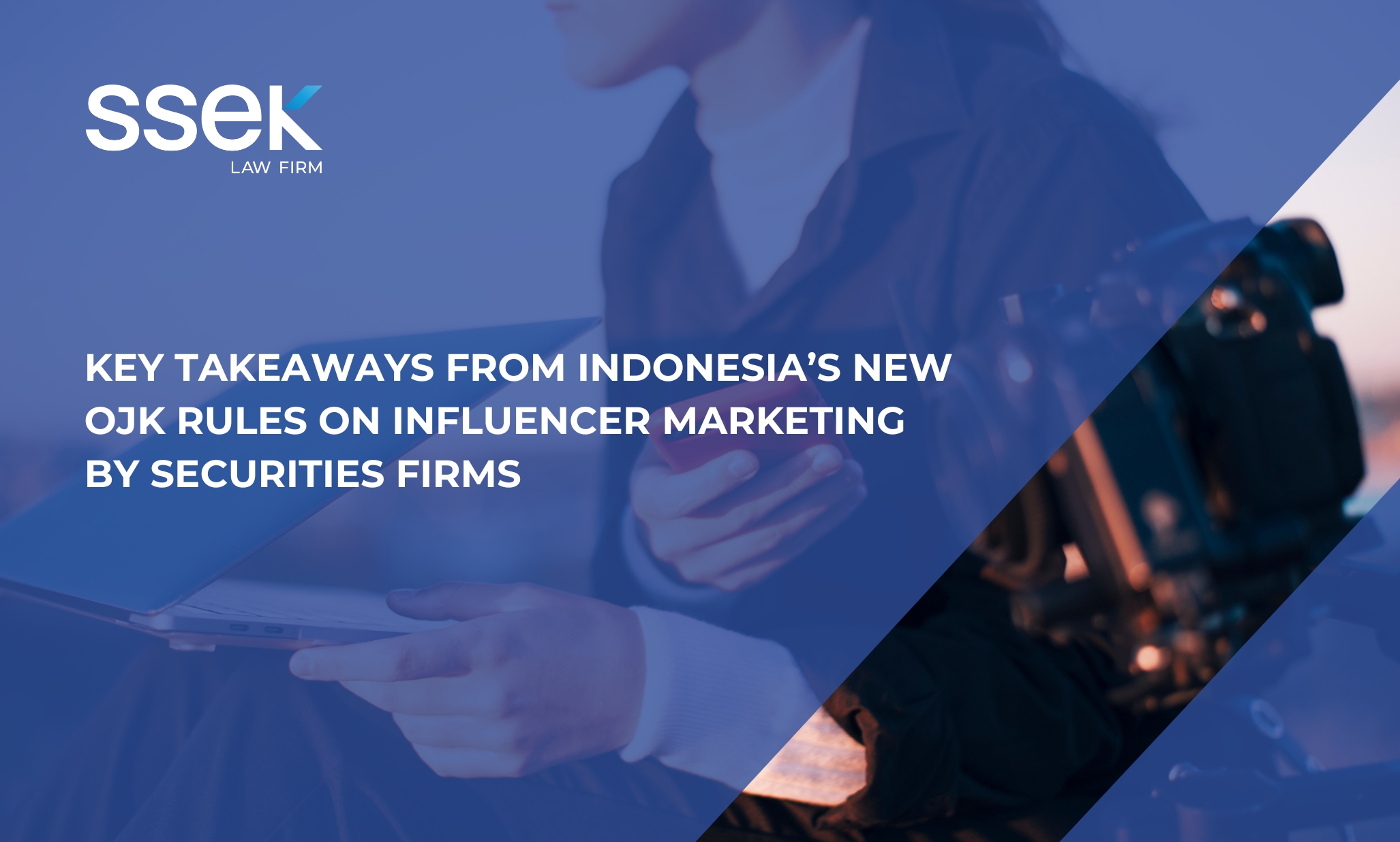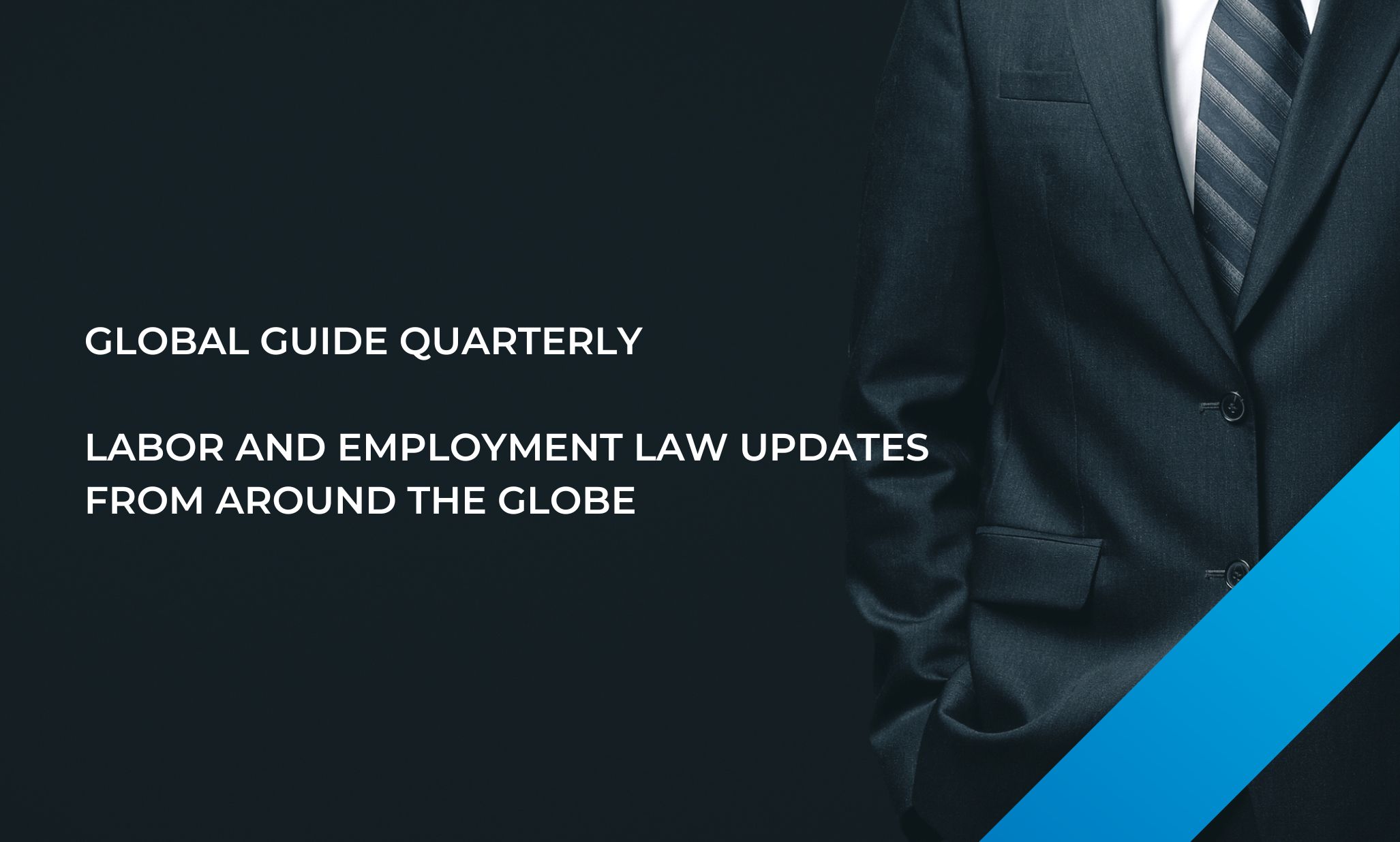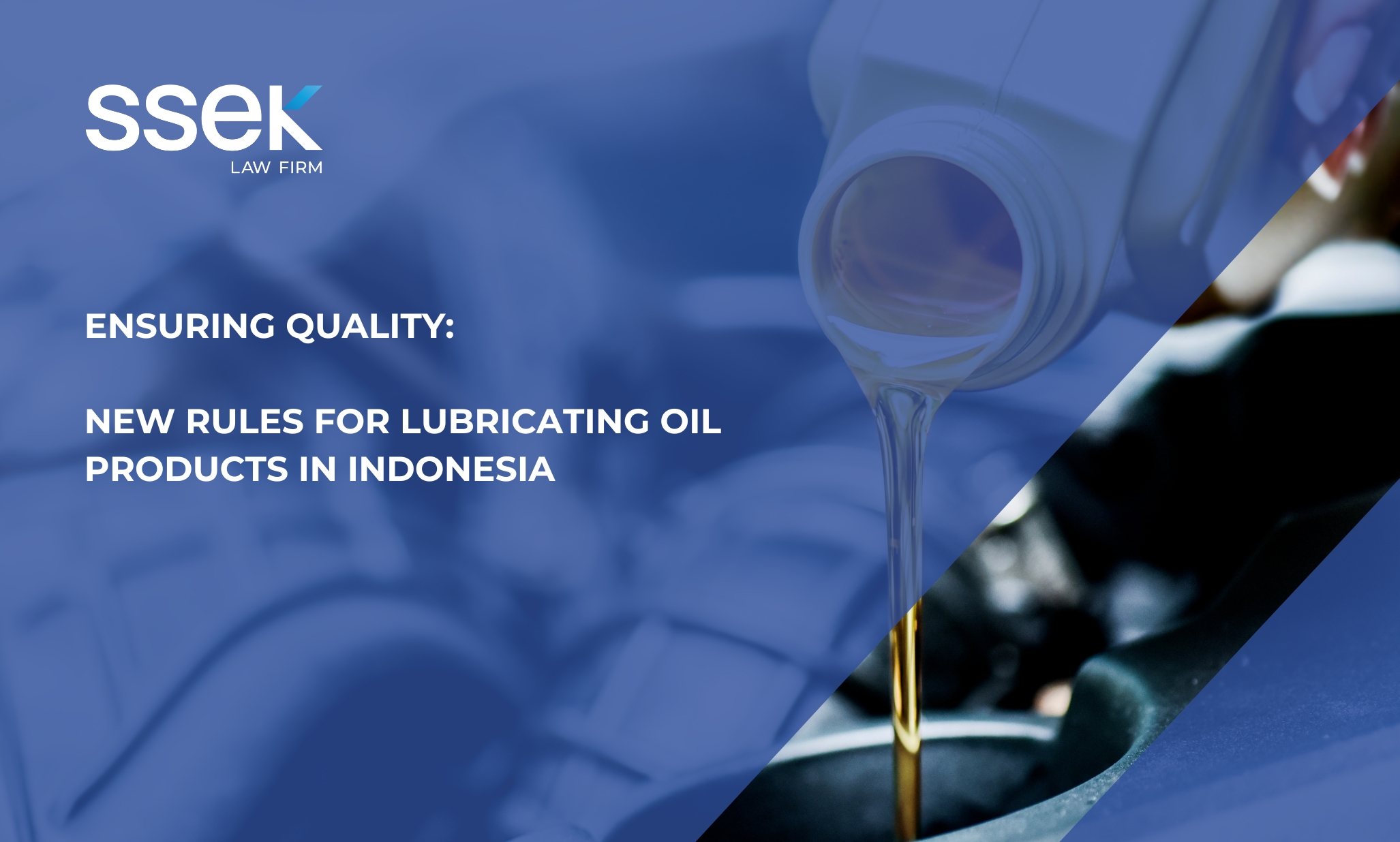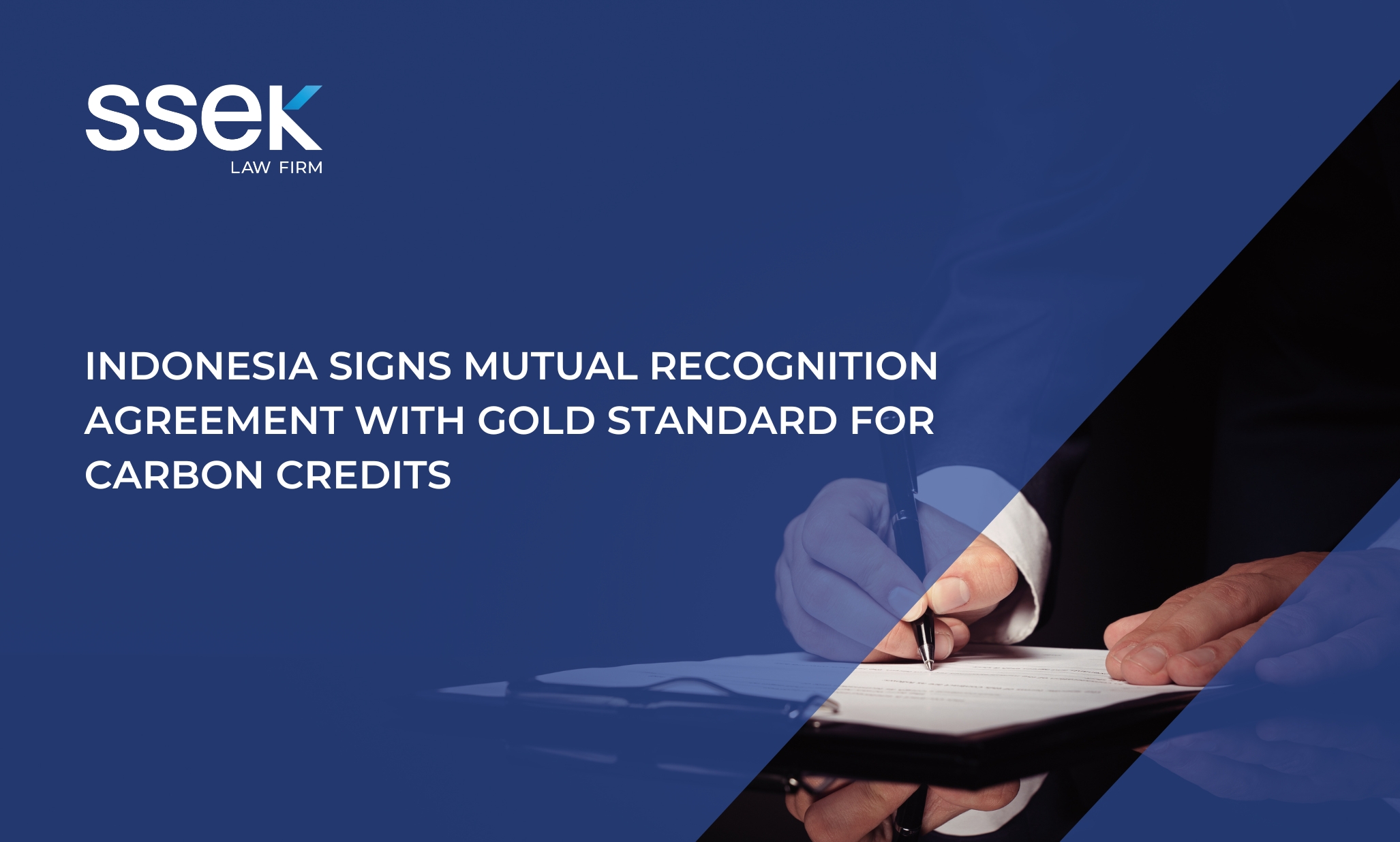


Indonesia has actively sought collaboration with international carbon standards to strengthen its position in the global carbon market and boost climate finance for mitigation and adaptation efforts. A key milestone in this strategy occurred on May 8, 2025, when the Ministry of Environment / Environmental Protection Agency (“MOE”) signed a Mutual Recognition Agreement (“MRA”) with the Gold Standard. This marks a significant step toward aligning Indonesia’s carbon certification system with one of the world’s recognized global carbon standards.
Regulatory Basis for International Carbon Trading Cooperation
The MOE-Gold Standard MRA is an implementation of Article 77 of Presidential Regulation No. 98 of 2021 regarding Carbon Economic Value, which provides the legal foundation for international cooperation in carbon trading. It is also aligned with Article 68 of MOEF Regulation No. 21 of 2022 on the Implementation of Carbon Economic Value, which permits the trading of carbon credits certified under foreign standards only if there is a mutual recognition agreement in place with the respective international certification body.
Applicability in Voluntary Markets and Outlook Toward Integration into Compliance Markets
In a public talk show after the MRA signing ceremony, representatives of Gold Standard and Indonesia’s Deputy for Climate Change Control and Carbon Economic Value Governance explained that the MRA is intended to allow domestic voluntary carbon projects to be certified under the Gold Standard. This would open the door to greater international recognition and access to global voluntary carbon markets.
The MRA highlights two particularly important features:
- First, projects will have the option to be certified under the Gold Standard, subject to Indonesian government approval.
- Second, there will be closer alignment between the measurement, reporting, and verification (MRV) methodologies used by Gold Standard and those under Indonesia’s national system.
With more private and public sector initiatives globally, this MRA also serves as a strategic framework for Indonesia and its project developers in the convergence of voluntary markets and compliance carbon markets such as Carbon Offsetting and Reduction Scheme for International Aviation (CORSIA).
For participation in compliance markets such as CORSIA, credits issued under this framework will be subject to additional adjustment mechanisms and domestic procedures, the practical details of which will emerge over time. Further guidance is also expected on how both new and existing project proponents – whether operating under the Gold Standard or Indonesia’s Greenhouse Gas Emissions Reduction Certification (Sertifikasi Pengurangan Emisi Gas Rumah Kaca Indonesia or “SPEI”) mechanism – should adapt to the streamlined processes intended by the MRA.
Dual Recognition by Indonesia’s SPEI Mechanism and Gold Standard
As explained during the same talk show, the MRA contemplates that emission reduction projects certified under the Gold Standard will remain under the oversight of the Indonesian government and must comply with all applicable local laws and regulations. Notably, projects are required to register with Indonesia’s National Registry System (i.e. SRN-PPI) before proceeding with the Gold Standard’s assessment and/or credit issuance process. Under this framework, issued carbon credits may carry both the Gold Standard and SPEI labels. This dual certification is intended to enhance international credibility, sustainability practices, and compliance with national regulations.
Conclusion
The MRA represents a significant step forward in strengthening the ability of Indonesian project developers to access international carbon markets, while enhancing investors and buyer confidence in the integrity of carbon credits originating from Indonesia. It also reinforces Indonesia’s broader commitment to reducing greenhouse gas emissions under its Nationally Determined Contributions (NDC) under the Paris Agreement.
That said, as noted by the Gold Standard representative, the MRA is only a first step. Further work is needed to develop the detailed mechanisms and procedures to implement this cooperation in practice. Finally, Indonesia is looking to execute additional mutual recognition agreements and cooperations with other international carbon standards to further support its climate goals and market integration efforts.
This publication is intended for informational purposes only and does not constitute legal advice. Any reliance on the material contained herein is at the user’s own risk. All SSEK publications are copyrighted and may not be reproduced without the express written consent of SSEK.




